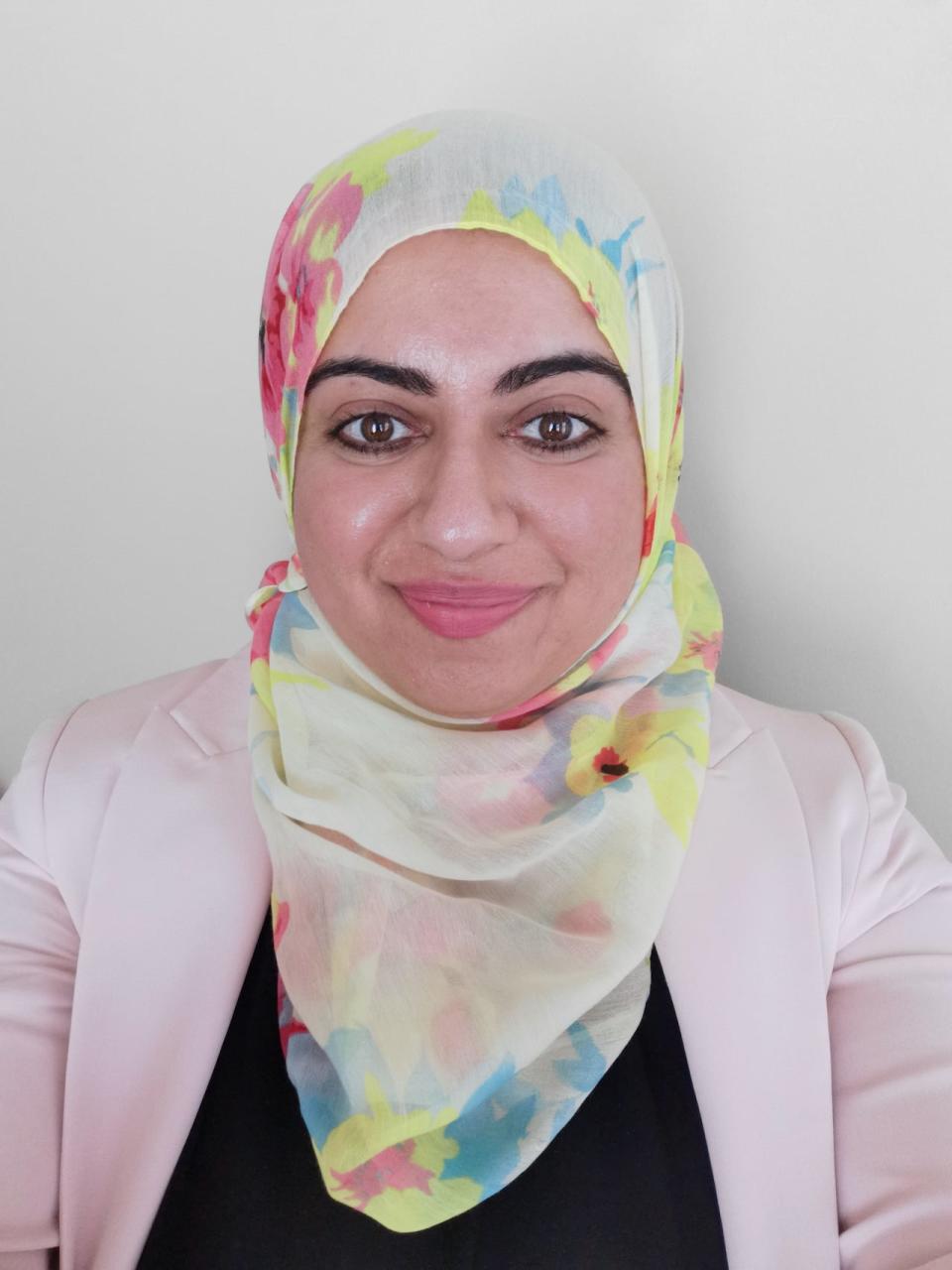How more Edmonton employers are embracing Ramadan in the workplace

Rahma Dalmar recalls former jobs where colleagues did not acknowledge Ramadan and employers would not make accommodations for fasting and prayer.
"It makes it a little bit lonely when you're working in a place like that and it doesn't really allow you to connect with your colleagues because they're not accepting a part of you," Dalmar said.
It's one of the reasons she says she's grateful to work at the Africa Centre in Edmonton where respect for all religions and cultures is fostered by leadership and staff alike.
The non-profit organization provides spaces to pray and rest and pulls back on community events and meetings involving food to respect those who are fasting. The agency also hosts celebrations for Eid al-Fitr, which marks the end of the month-long fast.
"Our leadership really thought about creating a space where people can be themselves and be comfortable — it really helps during Ramadan," said Dalmar.
"It makes me want to provide more to my workplace, respect my colleagues more and also creates a shared bond."
'More committed'
Equity consultant and MacEwan University instructor Irfan Chaudhry says accommodation around religious observation goes a long way with Muslim staff but also employers looking to improve retention and recruitment.
As Muslims observe the holy month of Ramadan with fasting, prayer, reflection and community, many employers and non-Muslim colleagues are looking for ways to honour and support them.
Chaudhry said he is pleased to see more companies and organizations adopting a policy so employees can take time off for religious days such as Eid, without having to use vacation time.
"When you have that, you do find your employees are more committed," said Chaudhry.
"When you have it embedded in policy and then you condition your employees to know it is okay to take off time and you are provided time to take off for this purpose, and for this reason — it takes that onus away from your staff."

Thamina Jaferi says Muslims can't leave their faith at the door so there's a need to integrate it into the workplace. (Submitted by Thamina Jaferi)
Toronto-based equity consultant Thamina Jaferi says more awareness about Ramadan on the part of managers can make a big difference.
For instance, said Jaferi, it's helpful for leadership to understand that the precise date of Eid can't be determined until the night before, because it's based on the moon sighting according to the lunar calendar.
With that in mind, said Jaferi, managers and employees can come up with a contingency plan around time off that "balances both operational concerns and operational requirements with the duty to accommodate your employee based on human rights legislation."
Personally, she's been lucky, Jaferi said. She informs her employers in advance that Ramadan is coming so she can adjust her hours and rest on her lunch break to replenish her energy. But that's not the case for everyone,
"That is unfortunate when it becomes more of a conflict and people see it more as a special treatment rather than an accommodation under the law," Jaferi said. "We can't just leave our faith at the door. We need to be able to find a way to integrate it."
Jaferi is offering a free online presentation Friday morning to mark the International Day to Combat Islamophobia, that looks at manifestations in the workplace, and solutions.
Non-Muslim colleagues also have an important role to play, equity experts say.
Omar Yaqub, who serves as executive director at Islamic Family Social Services, said great ways to greet someone include "Ramadan Mubarak," "Ramadan Kareem" or "Happy Ramadan."
"Mubarak just means celebration. Kareem is another way of recognizing the blessings of the month and sharing that joy with someone," Yaqub said.
He encourages curious non-Muslims to be mindful about the questions they ask.
"Not to harp on questions like 'not even water'? Because at some point those questions become a little bit cliched.
"There's an opportunity to be way more inquisitive. Like, 'What does fasting mean to you? What are your fasting traditions?' Those are questions that I think allow people to be more curious and also to be more introspective."


